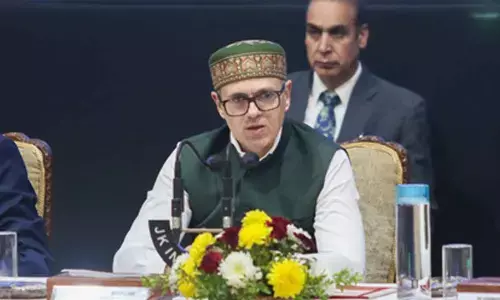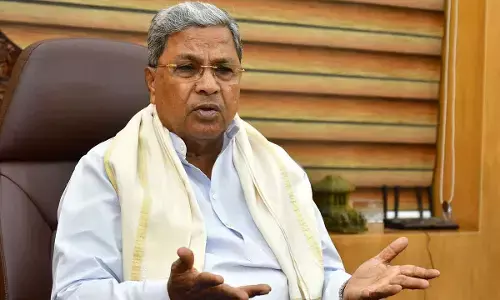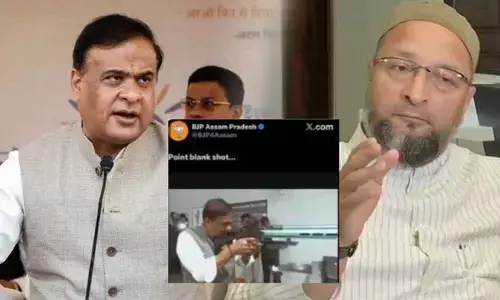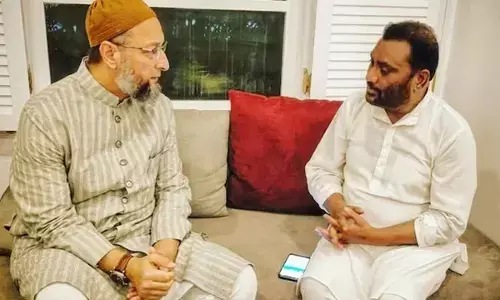Telangana: Irrigation & Revenue wings to get new look by June 2
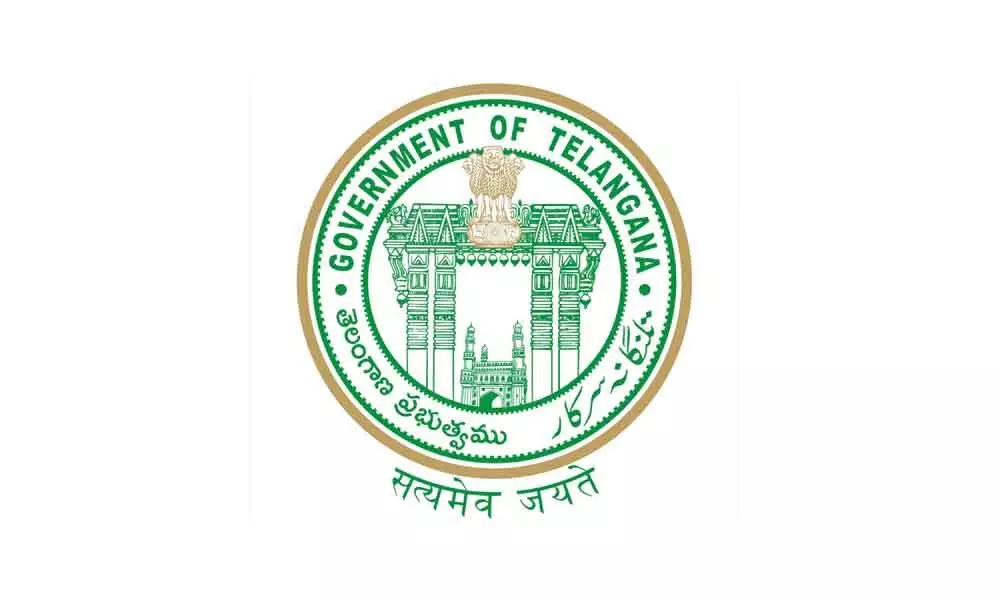
The State Government will soon bid adieu to the style of functioning of the oldest departments -- Irrigation and Revenue, which have been created in the late 19th century by the Nizam rulers.
Hyderabad: The State Government will soon bid adieu to the style of functioning of the oldest departments -- Irrigation and Revenue, which have been created in the late 19th century by the Nizam rulers.
The two key departments in the Telangana state are set for a big makeover through new Acts by June 2 which happens to be Telangana State Formation Day.
The existing Irrigation and Revenue system was introduced in 1880 by the Nizam dynasty. The same system continues to date. Official records say the vision of Mir Ahmed Ali and Nawab Ali Nawaz Jung Bahadur had paved way for development of irrigation.
In 1880, a separate department for irrigation was created under a Chief Engineer to look after the project works in the then seven districts of the Telangana region.
Several projects, including Osman Sagar and Himayat Sagar and provision of irrigation water to dry areas like Mahbubnagar from Tungabhadra was also designed during that period.
The same administrative system continued even after merger of Telangana with Andhra Pradesh in 1956 and is in vogue till today.
Top irrigation officials said since the needs and availability of water have changed, the government was going for a sea change in the functioning of the Irrigation department.
The draft scheme was ready and Chief Minister K Chandrashekar Rao, who holds the irrigation portfolio, is giving finishing touches to the reorganisation of the entire department.
The re-organisation of the Irrigation department is aimed at strengthening the irrigation sector. Under the proposed system, minor irrigation which played a key role in the conservation of ponds, waterbodies and lakes since decades will be merged with Major Irrigation wing. All the engineers working with Minor Irrigation will be shifted to the Major Irrigation wing.
Separate administration wing will be created in the Irrigation department. Currently, the engineers were performing the managerial posts. Now, the services of the engineers will be utilised exclusively for the development of technology and execution of the Irrigation projects.
The administrative wing will be run by the management experts to look after the financial aspects of the irrigation, officials said. Similarly, the Revenue department will also be overhauled to suit the present-day requirements.
Majority of the Revenue Acts like issuing of the land title deeds, maintenance of the land records and the method adopted in the transfer of lands belongs to Nizam period.
All these years, village revenue officers have been holding the extraordinary powers in finalising the land rights to any person. The arbitrary powers given to the village officers has led to the creation of lakhs of land disputes which are pending in the courts for decades.
The new Act will remove all the powers enjoyed by the village and mandal revenue officials and the Collectors will be given absolute authority in deciding the land ownership rights.
To check the growing legal disputes, revenue tribunals will be created in every district to dispose of the cases by the Special Collectors who were appointed recently in every district.
State Chief Advisor Rajiv Sharma and Chief Secretary Somesh Kumar are finalising the new Revenue Act which is likely to be introduced in the ensuing Budget session of the Assembly in March.









